Closed-door battles
What a person is going through is not always evident on the surface.
Photo by Sarabeth Wester
Dyslexia can cause a learner to generate “unique” pathways to obtain standard learning outcomes.
November 17, 2020
Imagine this: you’re a young student, staring at the homework your teacher has assigned you. It seems like only a little bit, but that worksheet that should have taken you 15 minutes has just taken you an hour. And that’s just the work for one class.
By the time you have your next assignment done, you have a raging headache, you’re exhausted, and you can barely read your own handwriting.
But, because you care, you go back to work, head pounding, and start the next subject. Soon enough it’s 10 pm and your mom tells you to go to bed, but you don’t listen— you keep working.
11 o’clock swings around and you can’t think. You can barely put your pencil back to paper or keep typing, and your back hurts from sitting so you take some Advil and try to go to bed, but you can’t sleep because of your headache.
This pattern is what I’ve lived through quite frequently for many years, and it doesn’t stop there. .
Through my elementary school years, unlike my classmates who read quite fluently, I knew I was different. When I finally learned the name of the disorder I was dealing with following a 7th-grade parent-teacher conference, everything changed.
This distressed yet relaxed feeling of the reveal was like finally being able to put a name to the face you’ve seen a million times. This monster that haunted me all my life was called Dyslexia.
According to Reading Horizons, the different learning styles that result from the disorder often lead to minds that are described as having a “unique mindset.”
One way to think about why a dyslexic learner obtains a “unique mindset” is to imagine a wall or a problem in your brain; now, if you’re dyslexic, you can’t go through that wall the way normal learners do. Instead, you have to go around it, or take an alternate route, and this leads to dyslexic learners to the “unique mindset.” They are often looking at larger connections that one might see as alternative.
For me, dyslexia causes me to mix up letters and numbers. Often, instead of “I” I’ll put a different one letter word, like “A.” Additionally, I sometimes mix up words. An example is that instead of writing “like” I’ll write something like “blue.”
Other times I can’t read my own handwriting, no matter how much time I put into my print. By stressing my eyes and brain while working, I’ll get headaches as well, which isn’t fun at all. Dyslexia is always different for everyone; it isn’t cookie cutter and uniform.
So how has it affected me in school? As a result of having Dyslexia, I was constantly pulled out of classes in elementary school. I went to reading therapy to help me work past issues. I was learning and relearning how to do things that other children had down-pat by that age.
All I ever remember was being intelligent and my grades never reflecting my understanding of the material.
My inability to get all of the work done for my classes at home caused me to commonly show up the next day without it finished and the homework would go in the grade book missing. I was more embarrassed than anything but I held my head high so no one would see my struggles or notice that I was different.
Because of this, I was known as the girl who never turned in her work on time. I constantly ended interims and semesters with loads of missing assignments and was constantly threatened to be held back by teachers.
These teachers couldn’t come up with a way to motivate me. I think they believed my lack of turning in work was because of a lack of motivation on my end. As a response, they went with the usual scare tactics like threatening to hold me back a grade.
This only ended with me holding it all in or getting to the point where it overflowed. I know now it was because they probably didn’t understand what was happening and what I was going through. Over the years I’ve heard the same “trigger” phrases over and over, not only from teachers, but from peers and my parents as well:
“That’s just an excuse.”
“I don’t want excuses, just get your work done.”
“Why isn’t this done?”
“You just aren’t trying hard enough.”
Many of them reasoned that, “Everyone else can do it, why can’t you?” Then in my head I began thinking, “Just hold your head high and soon it will all pass. This had to have happened to everyone else, you’re just a little late to get over it.”
But I wasn’t. I wasn’t just late in getting over it like I thought I was for so long… I realized this wasn’t something that could be cured. I was working with problems most of my teachers, peers, and parents didn’t have or never had to deal with. I wasn’t comfortable talking to anyone about this though, even though all I ever wanted was someone to understand. I didn’t feel normal at all, I knew I wasn’t like everyone else.
Most importantly, I realize I will fight this fight my whole life and I will never stop because of who I am. And this does not deter me, as it should not you.
Proving that I am more than my issues, my disorders, and my setbacks is the reason I wake up. Making sure my dyslexia doesn’t hold me back is my first goal every day, and the ability to check it off and tell myself it didn’t is something I am proud of. It shows that I am more than meets the eye, and the ability to share these battles prove to me that I am stronger than that.
You never really know what someone else is going through, so it’s best to never assume. Some people may be going through the same as me, and most people like to battle these issues behind closed doors. Always remember that you have survived 100% of your worst days and that is the percentage worth keeping.

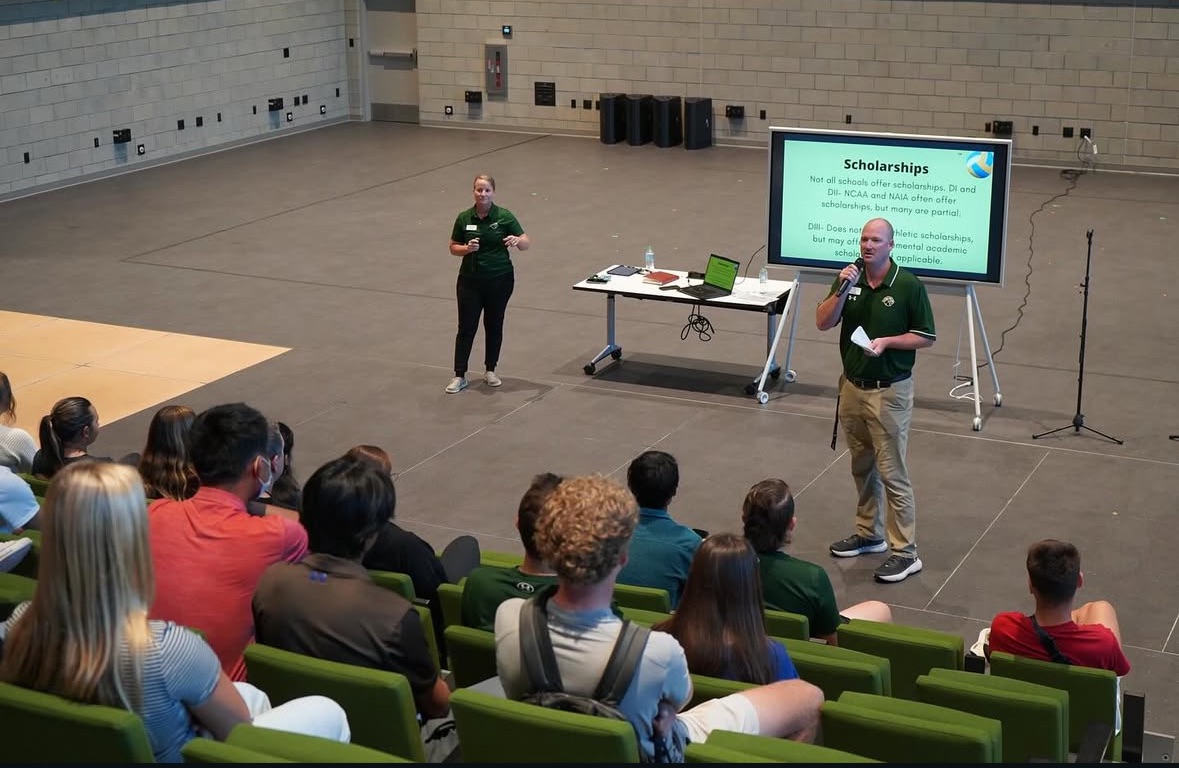

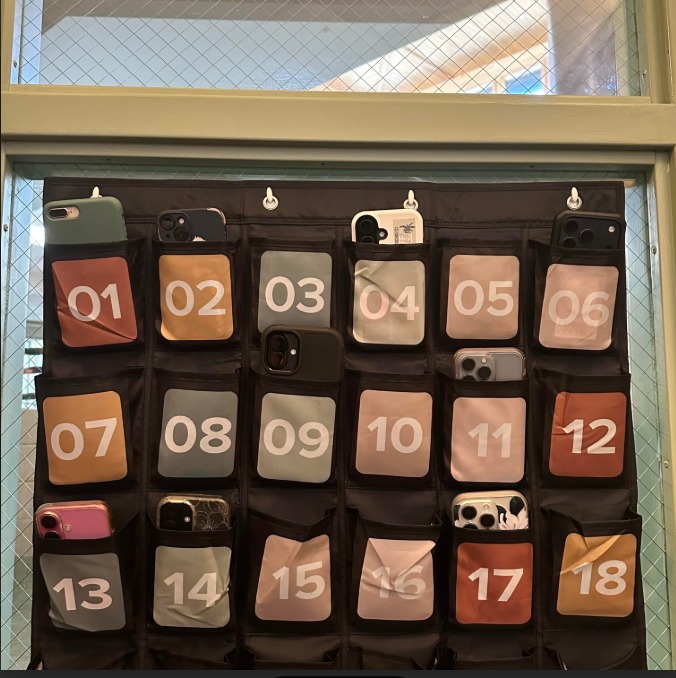
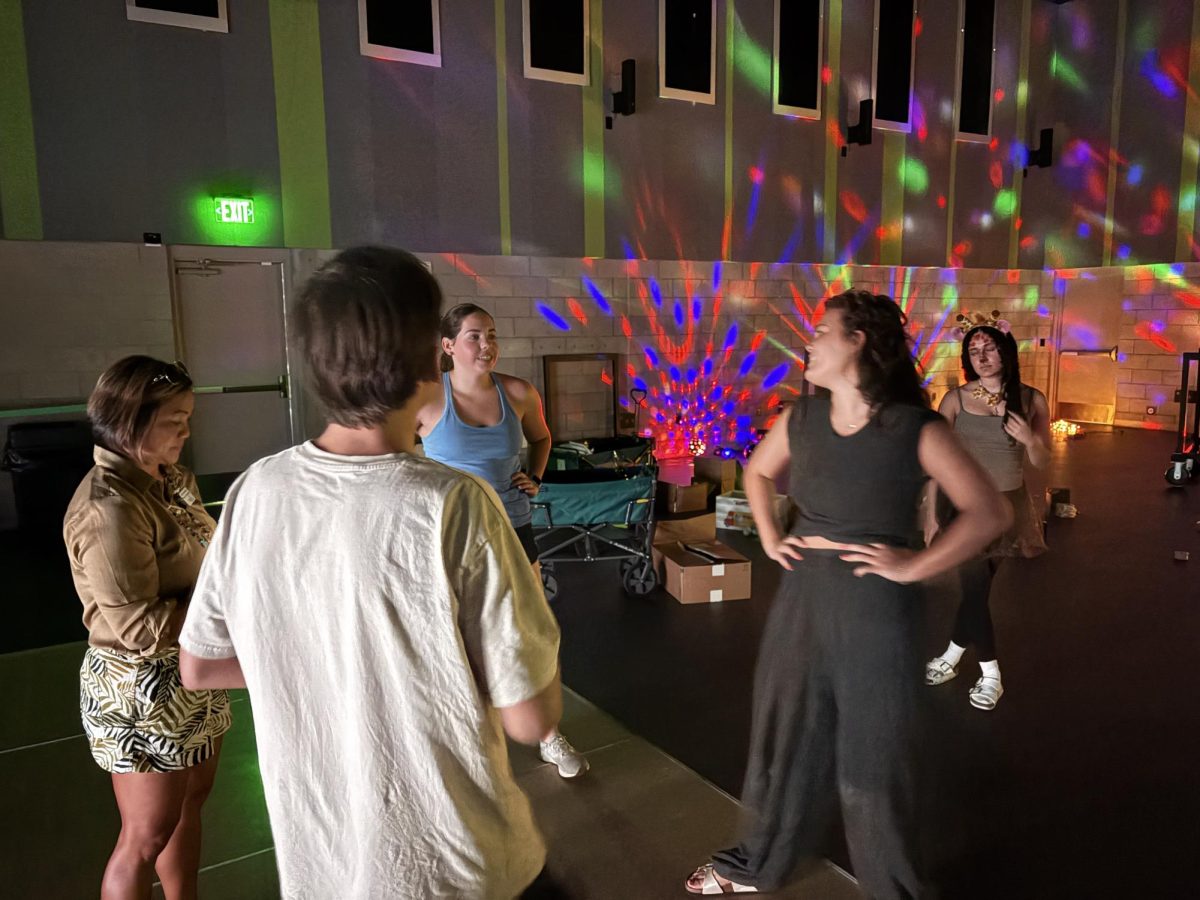
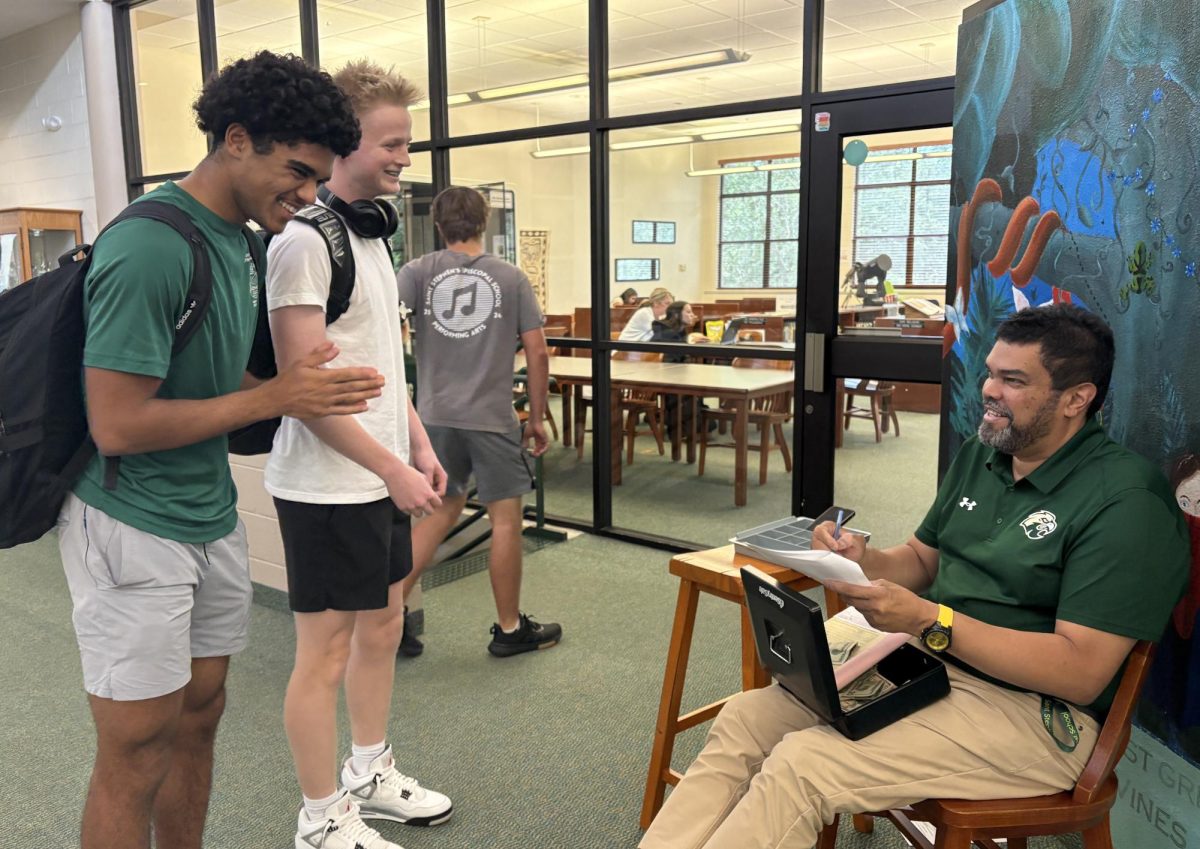
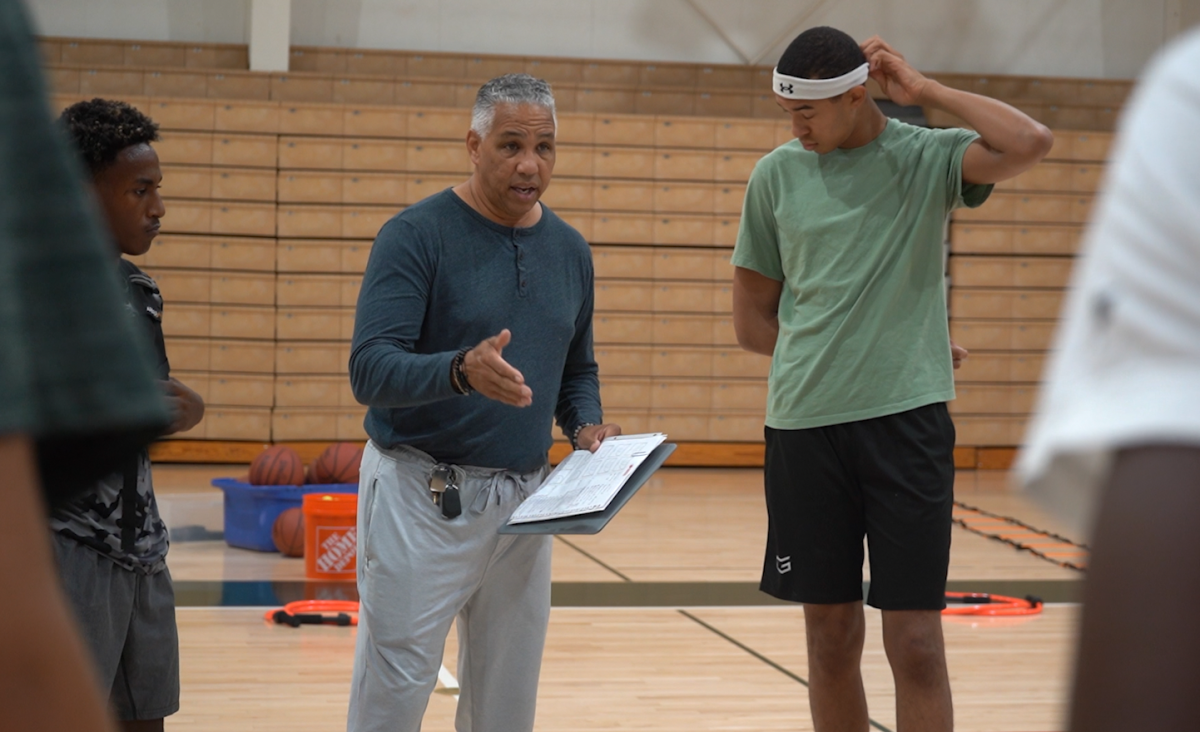


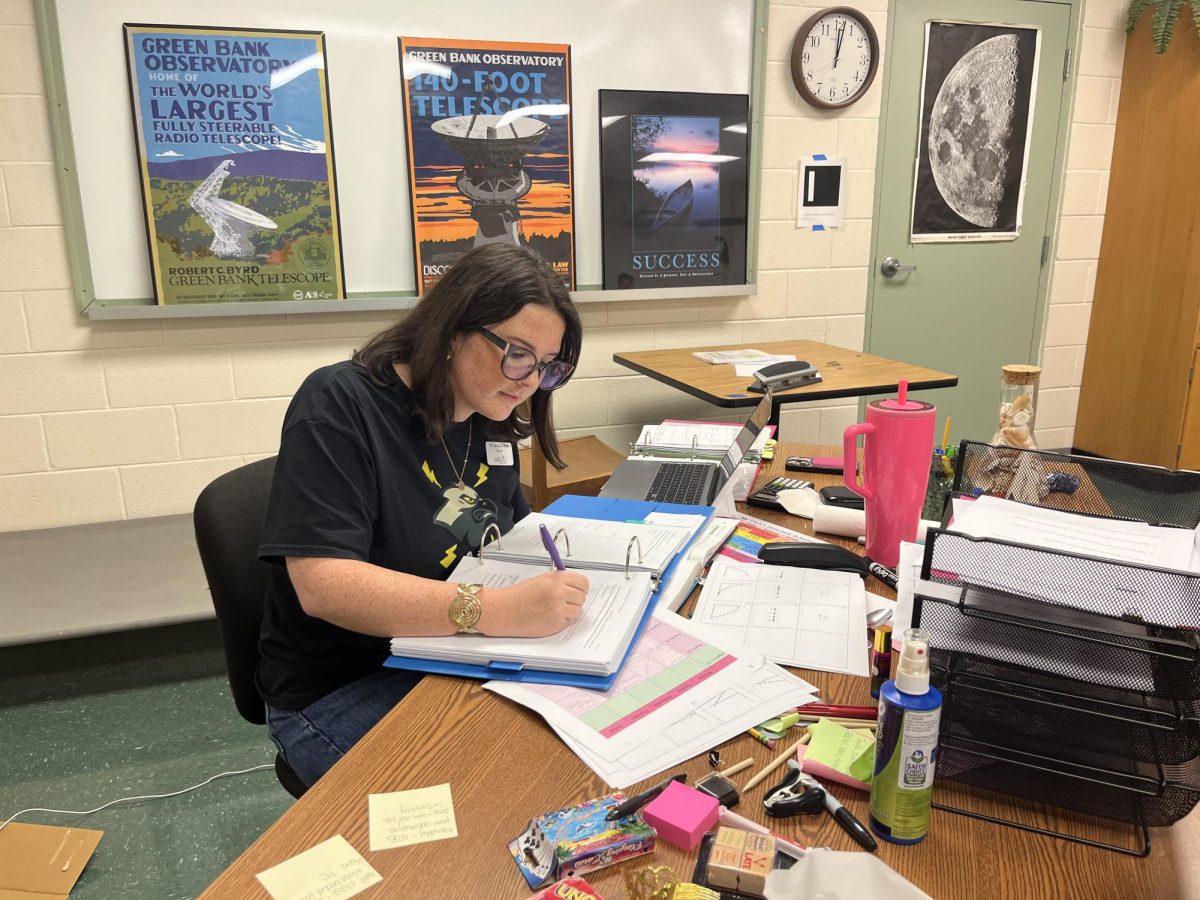
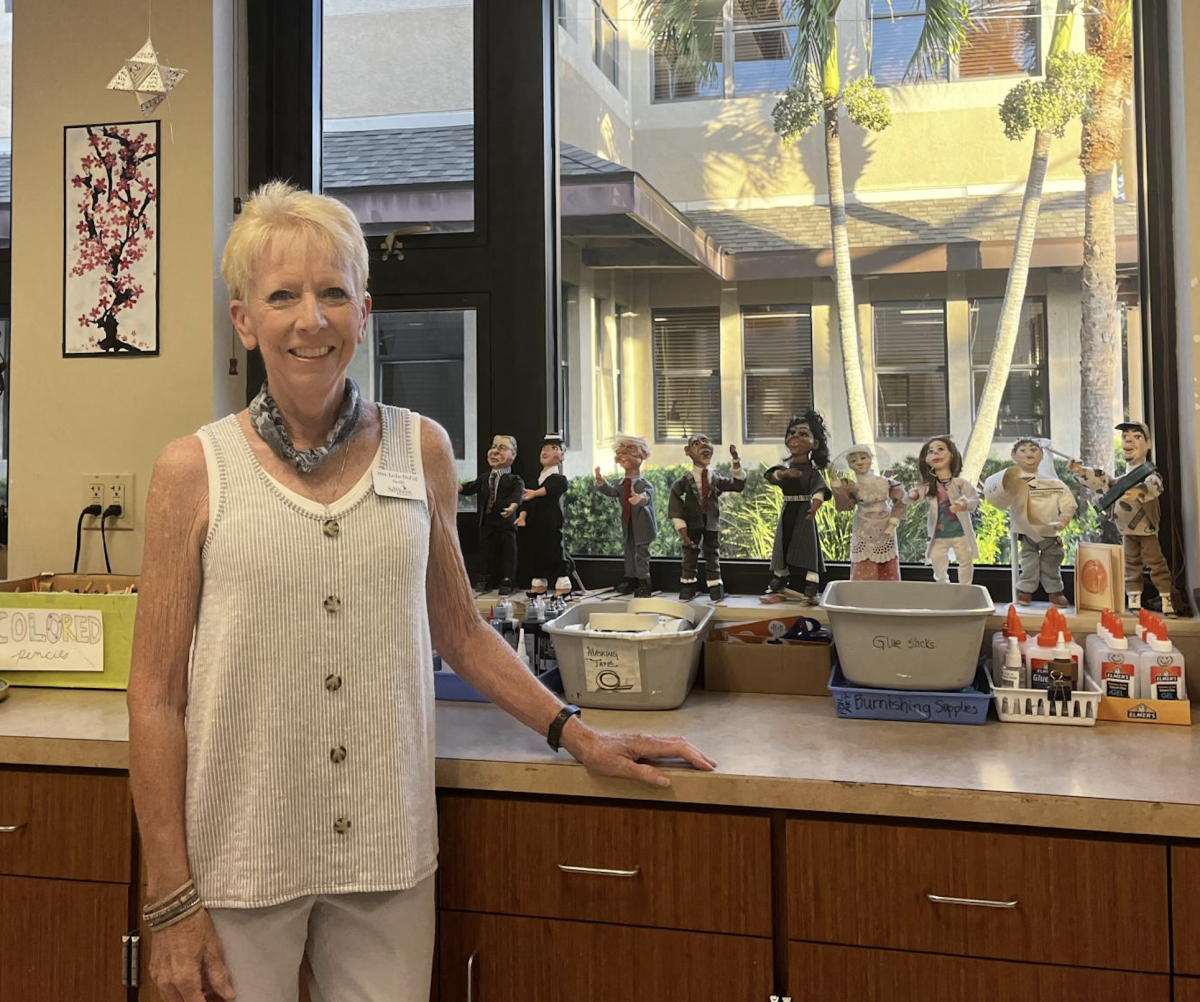
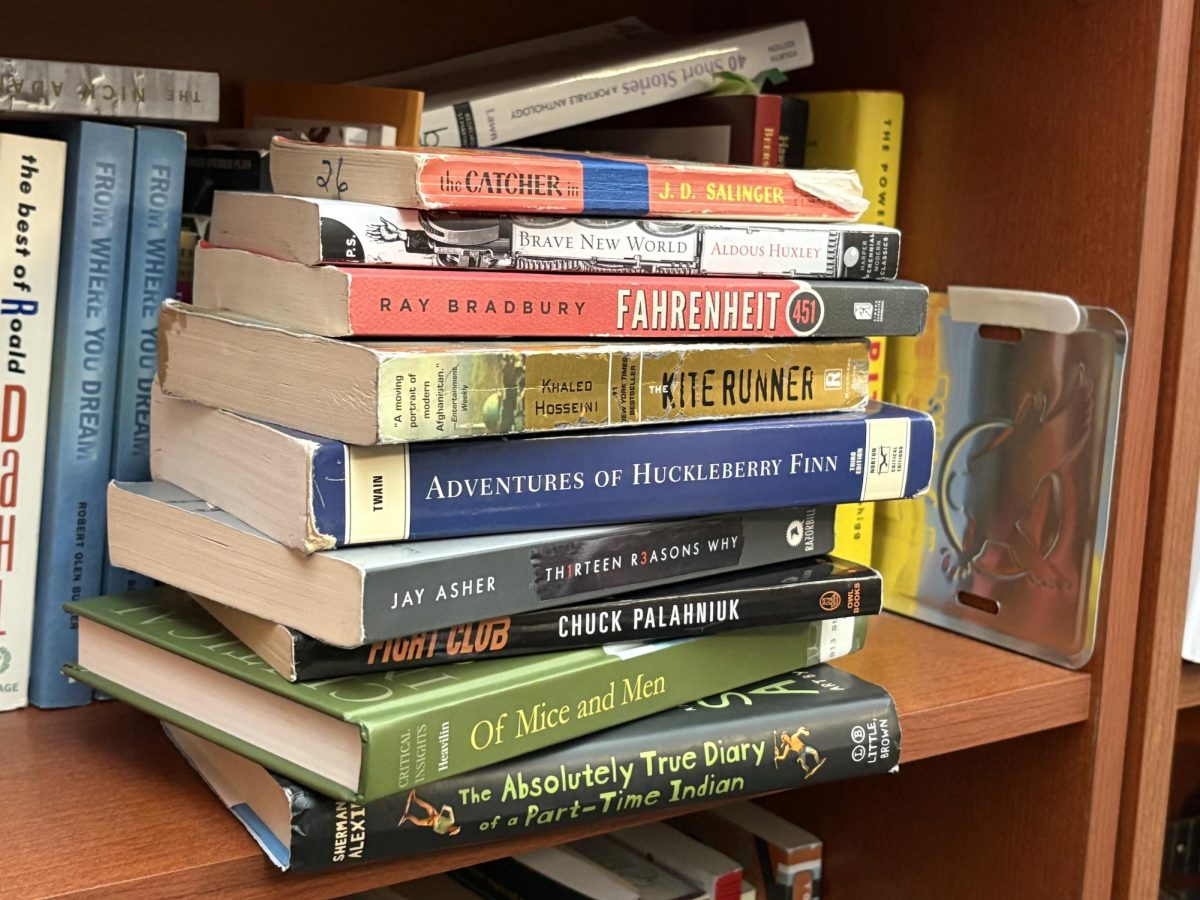


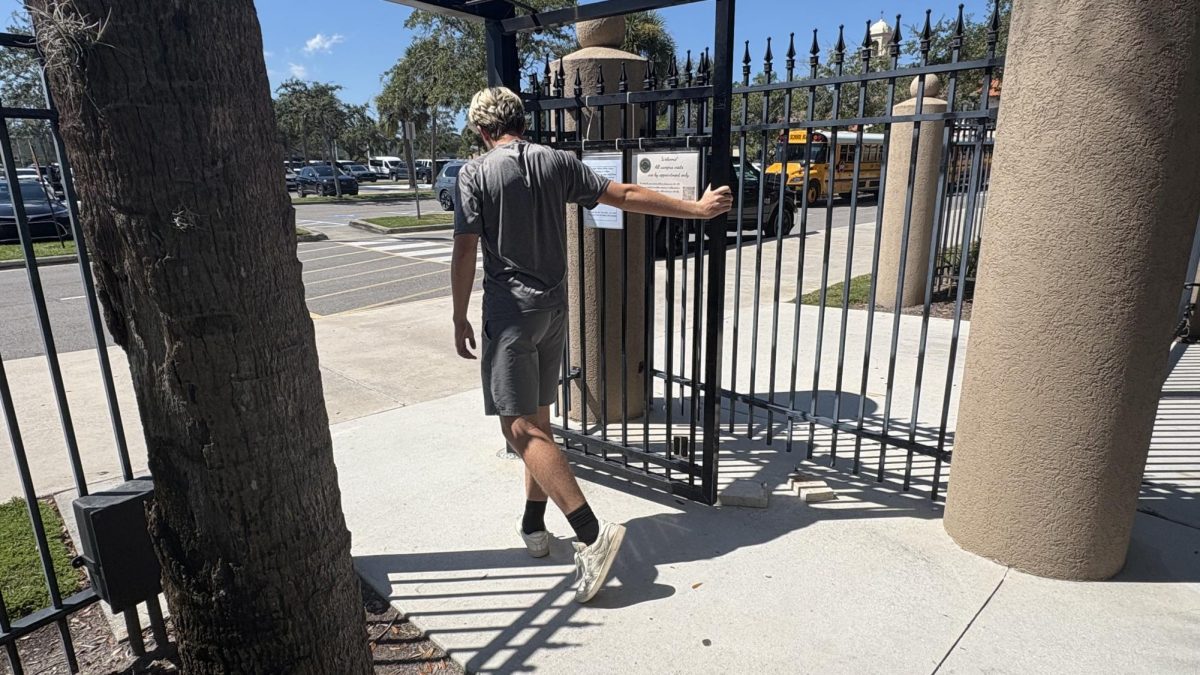


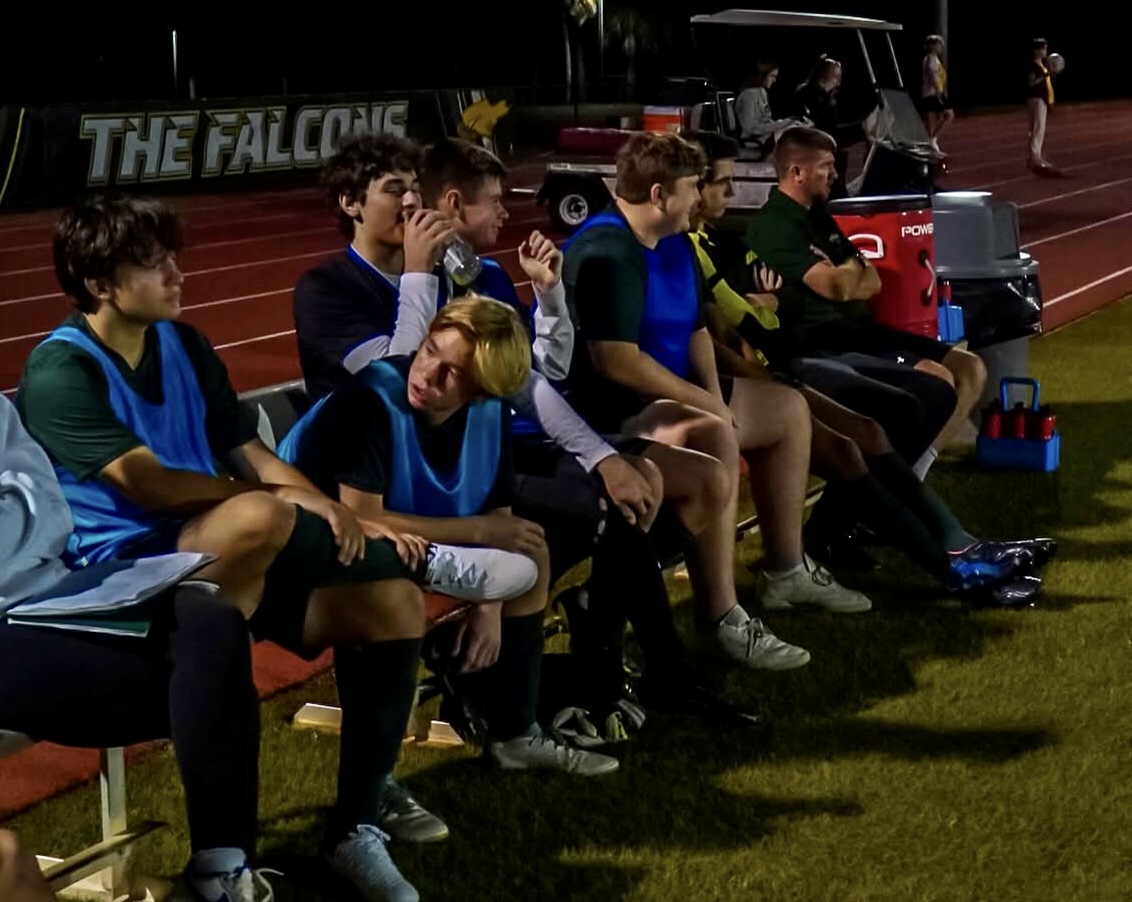


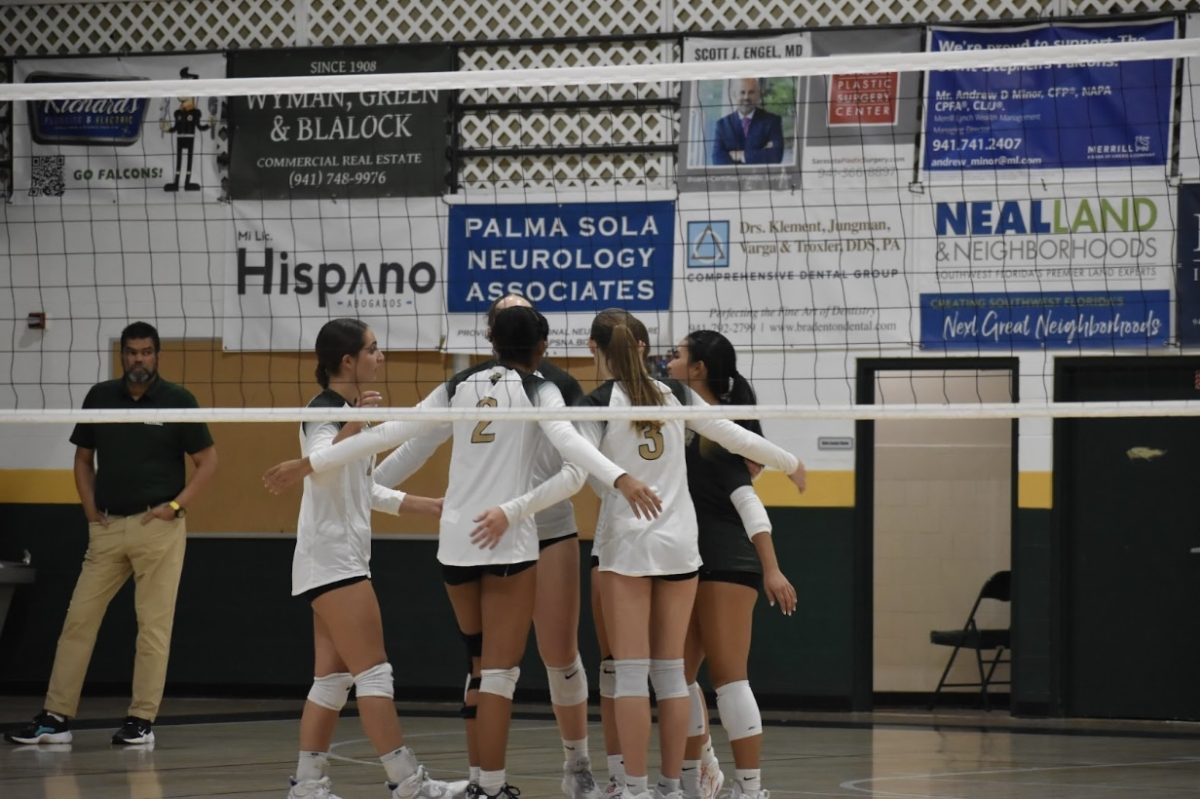
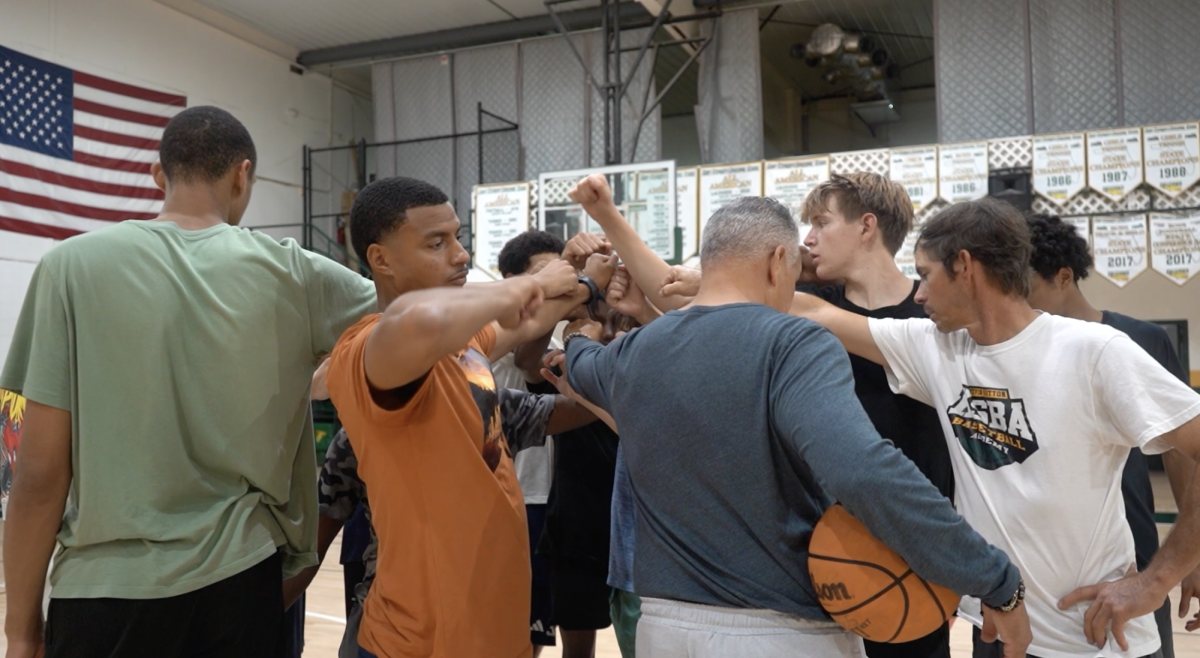
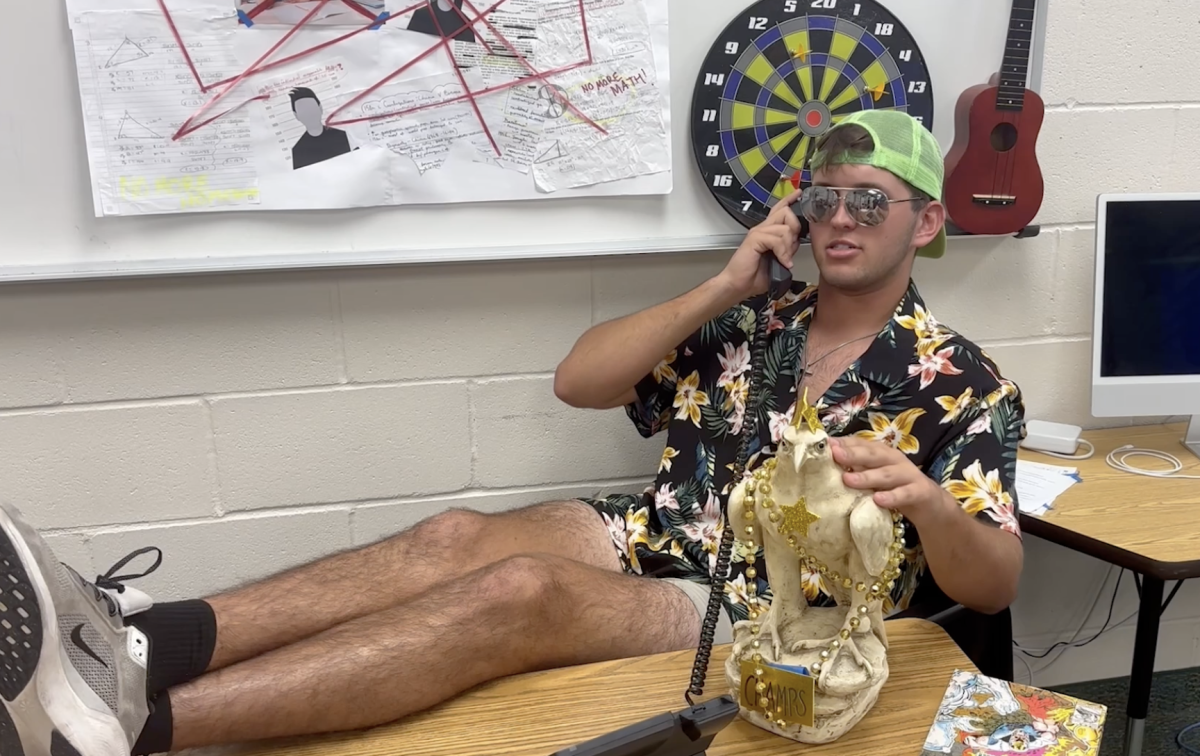
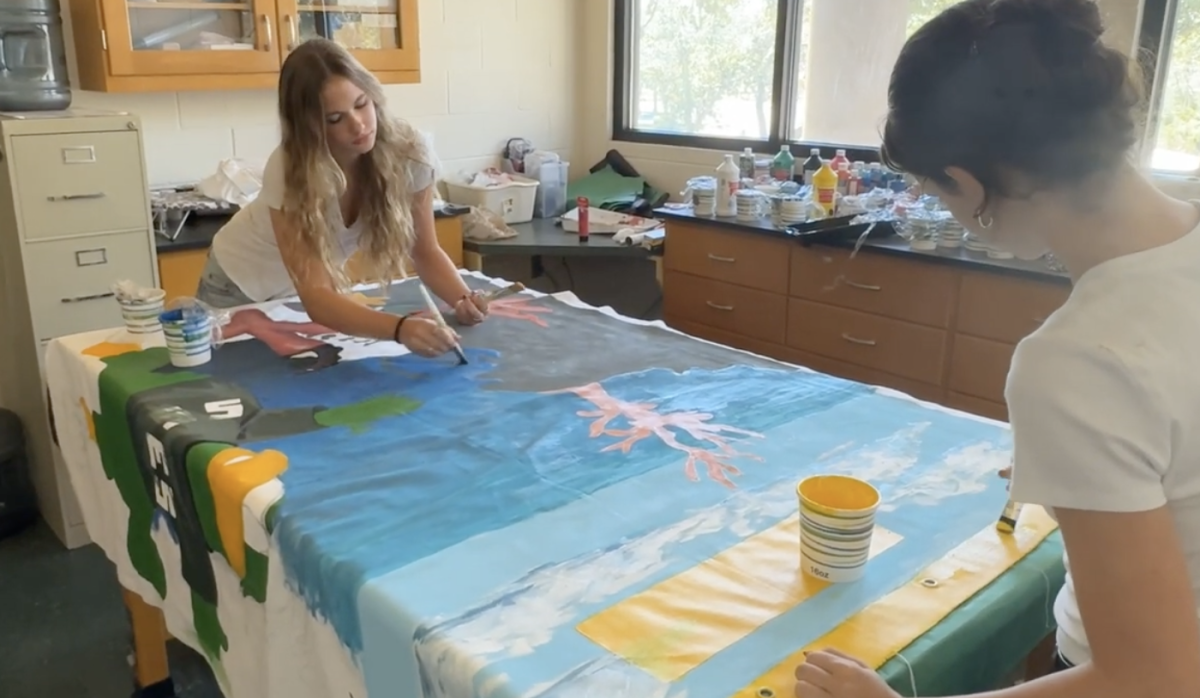
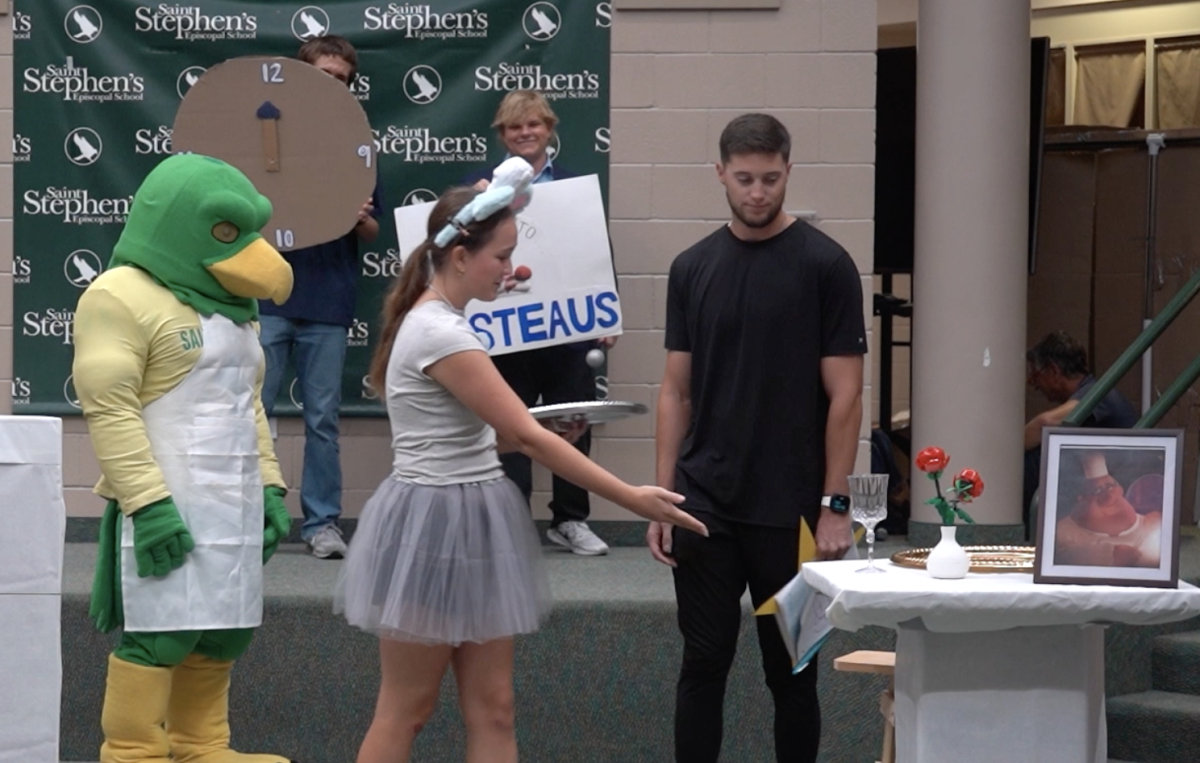







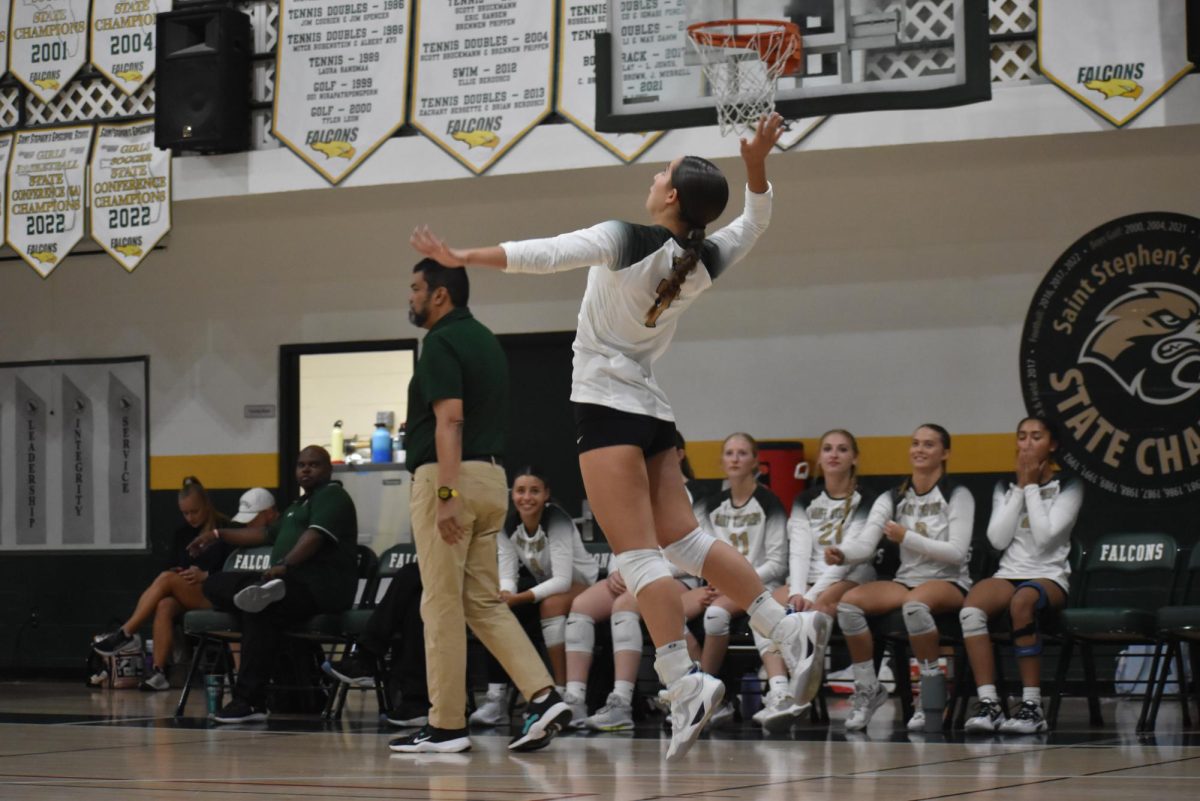




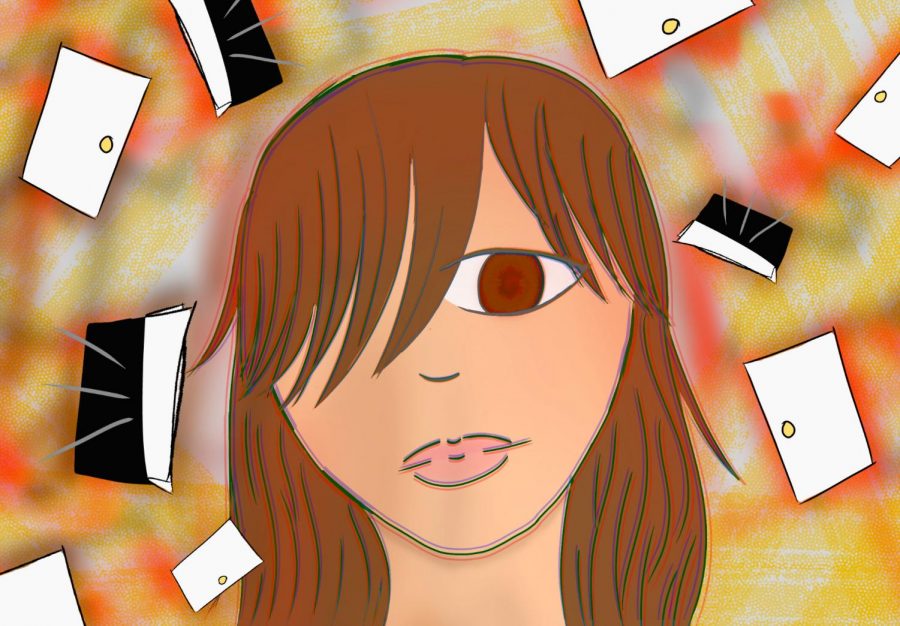
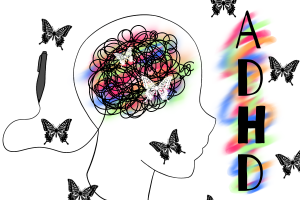
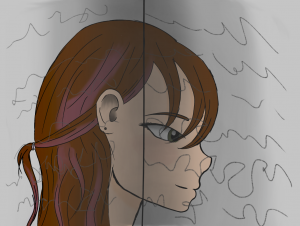

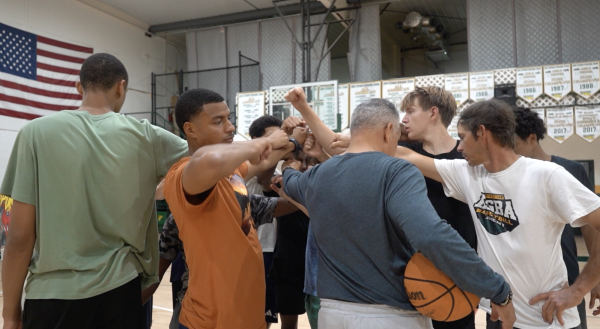
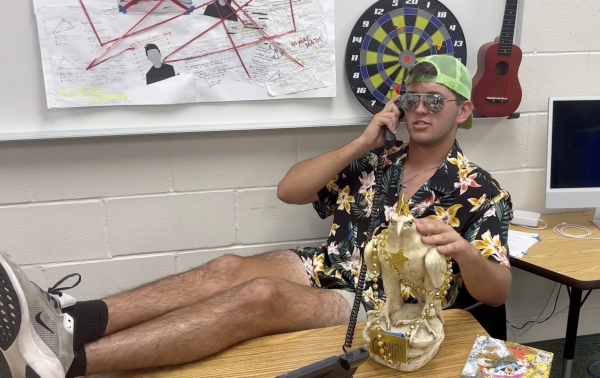
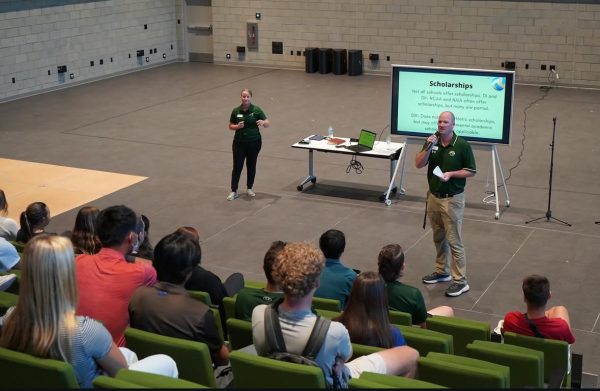
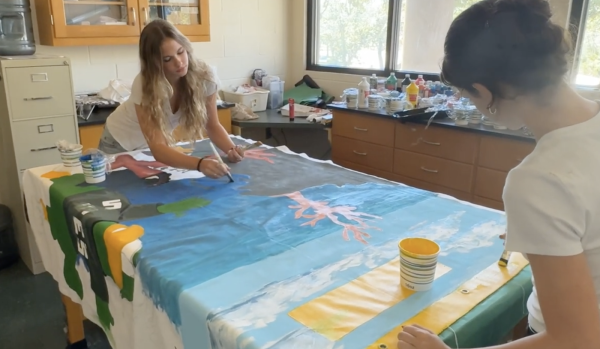
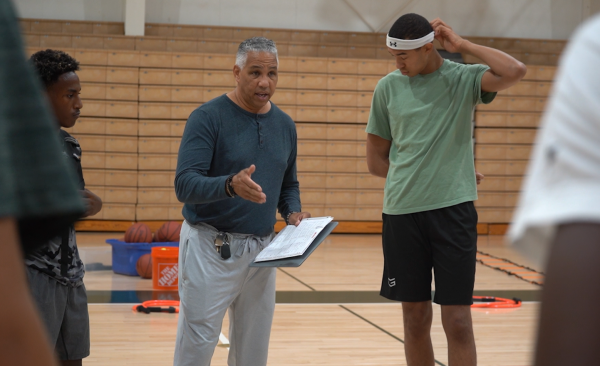


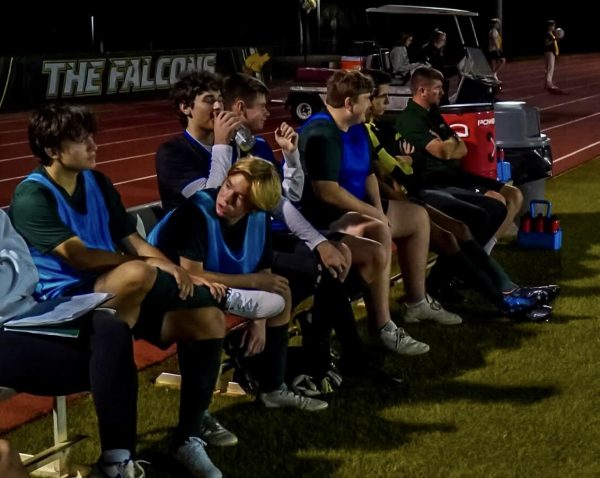

Xia Zhang • Nov 18, 2020 at 7:24 pm
LOVE it !